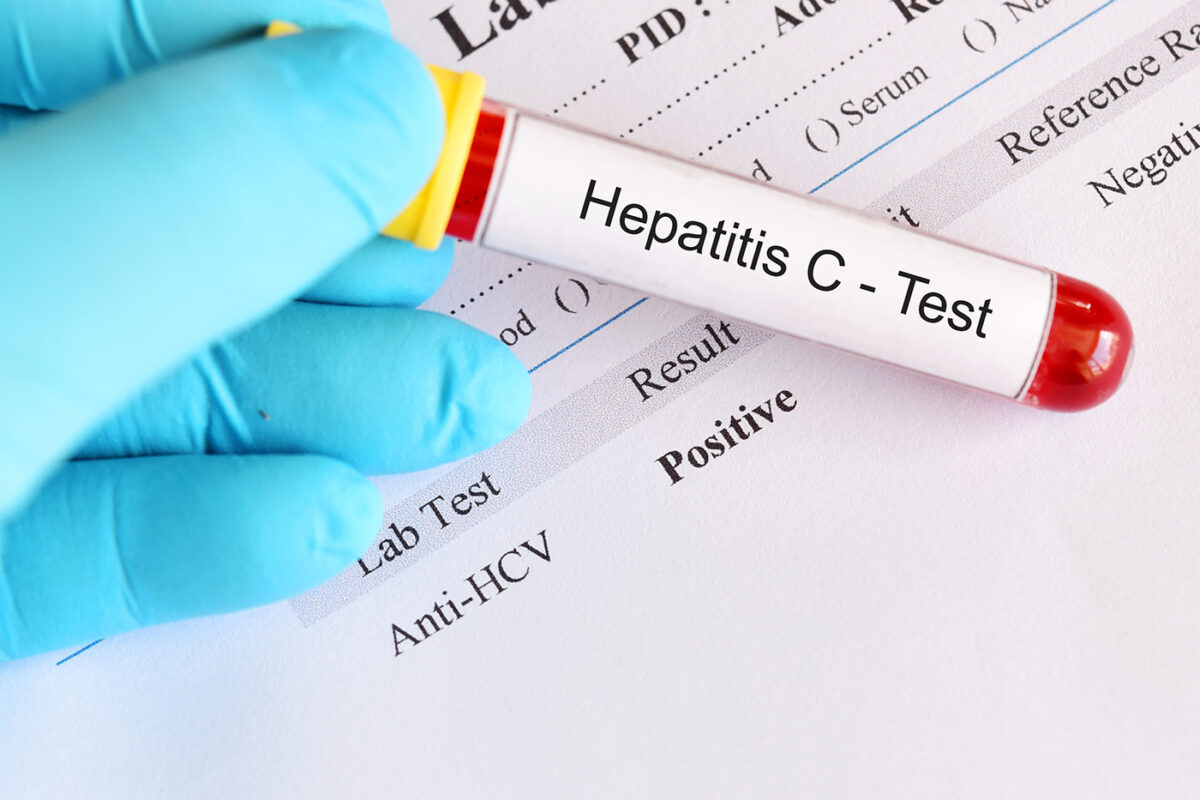Author
Jennifer Wessel, JD, MPH
Senior Policy Analyst and Data Privacy Officer
Contact
ACHI Communications
501-526-2244
jlyon@achi.net
Policymakers increasingly have been focusing on mental health coverage, particularly as the mental health crisis intensified during the COVID-19 pandemic. The pandemic created unprecedented challenges, significantly impacting the mental well-being of individuals and families nationally and in Arkansas. In response to this escalating crisis, access to mental health services has been bolstered by a series of federal and state laws that require insurance companies to cover mental health and substance use disorder services in the same way as other medical services (“parity”). This updated explainer provides an overview of federal and state policy efforts to achieve mental health parity.







